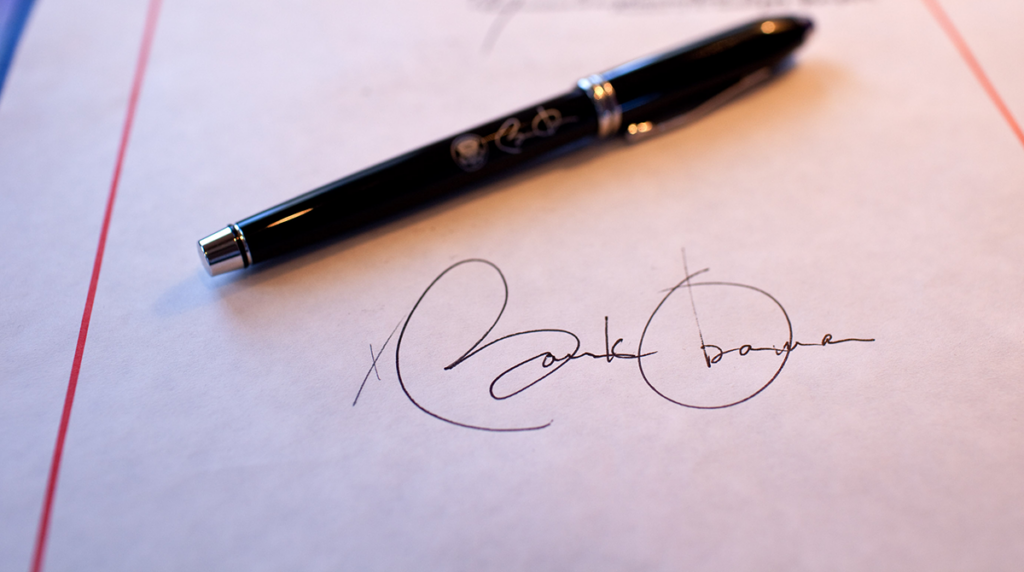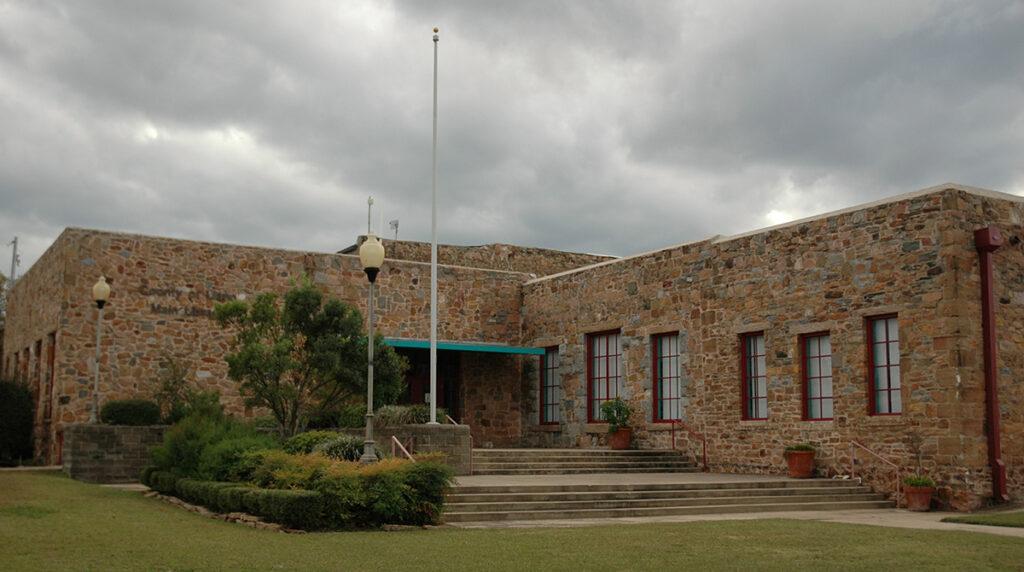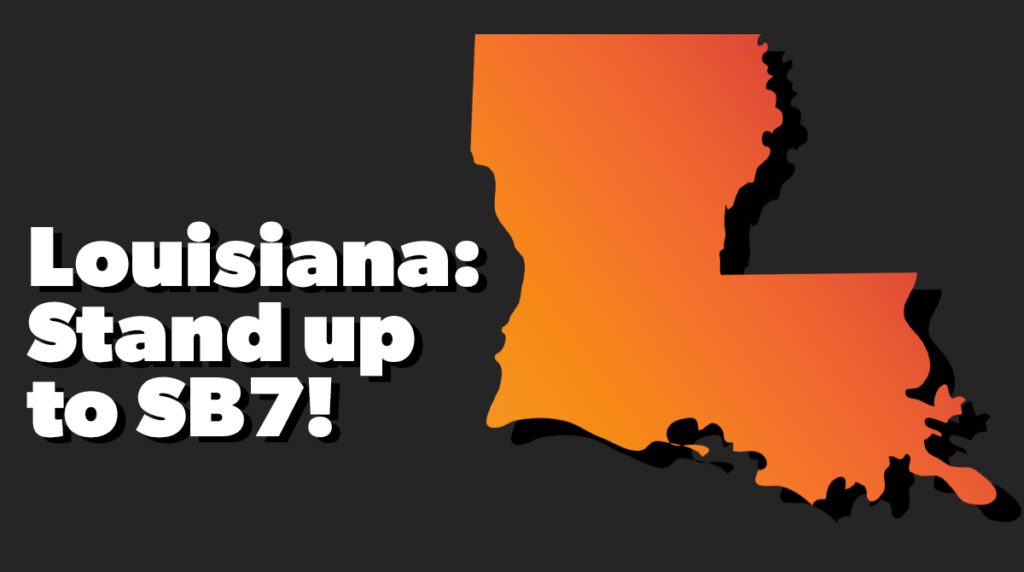As we all opened up our social feeds on Monday morning, we were gifted with a wonderful surprise: former President Barack Obama published a letter in support of America’s librarians as they navigate unprecedented attempts from conservative pro-censorship groups and politicians to ban or restrict materials in libraries across the country.
“Today, some of the books that shaped my life—and the lives of so many others—are being challenged by people who disagree with certain ideas or perspectives,” he wrote. “It’s no coincidence that these ‘banned books’ are often written by or feature people of color, indigenous people, and members of the LGBTQ+ community…”
Everyone loses when books are banned: students lose access to critical information that helps them understand themselves and the world around them; parents lose the opportunity to engage in teachable moments with their kids; communities lose valuable resources for learning about each other.
Obama praised librarians for their “unwavering commitment to the freedom to read.” And he called on “every citizen reading this”—including you—to defend American democracy and to Unite Against Book Bans.
We have a lot of work to do. So, where do you start?
- Take one or more of these actions from Right to Read Day, then repeat them again and again.
- Critically: Make a plan to attend your next library or school board meeting or city council meeting. Most book ban battles are being fought on the local level at these meetings, and you can make sure decision-makers know your community does not condone censorship by showing up and speaking out.
- Check out our Action Toolkit for tools and resources to help you activate your community against censorship.
- Tell your friends, family, and neighbors to join the Unite Against Book Bans campaign. Every person who joins the campaign is one more voice to speak out when their community is threatened by censorship.



